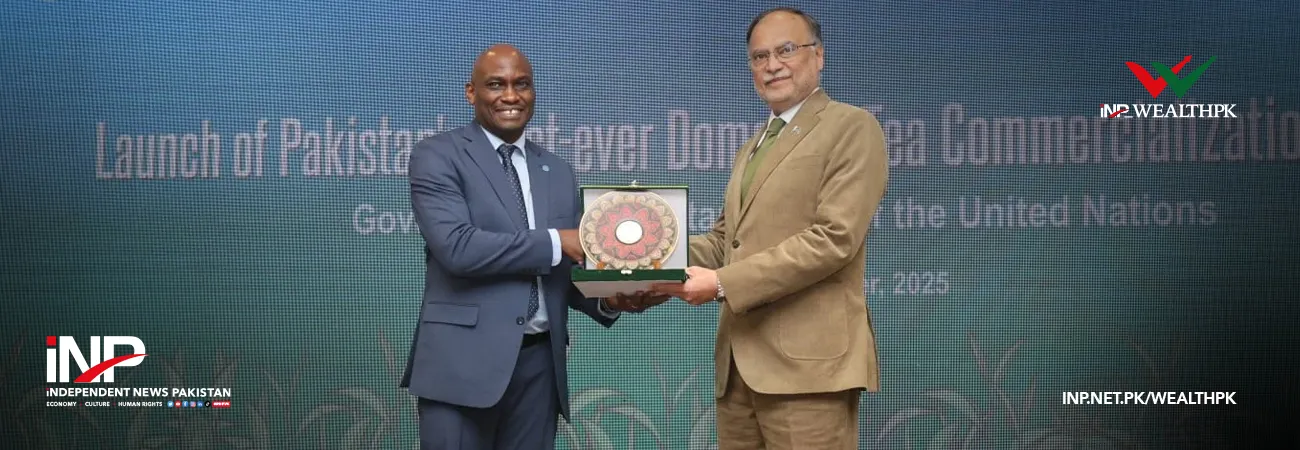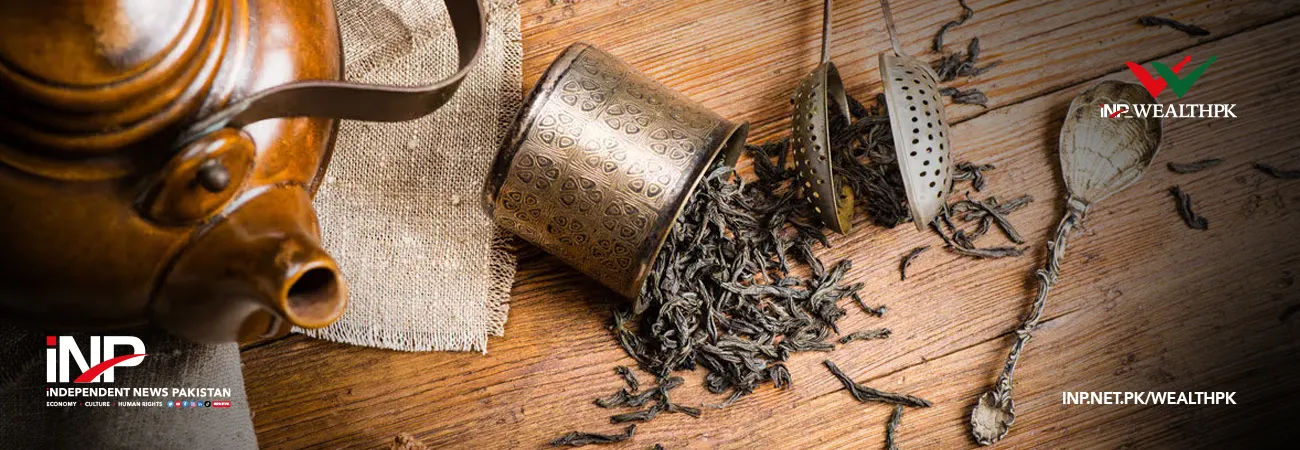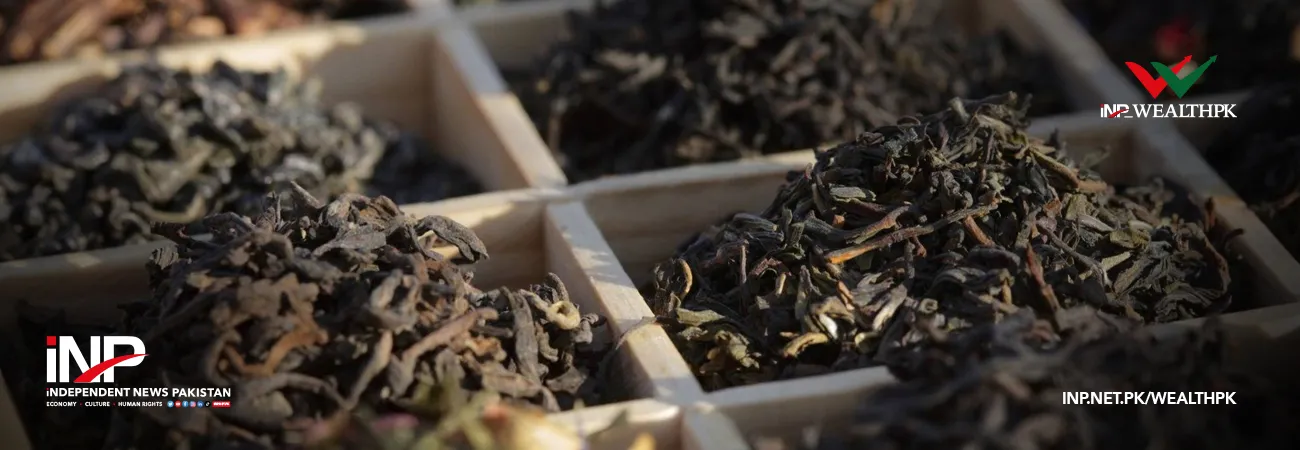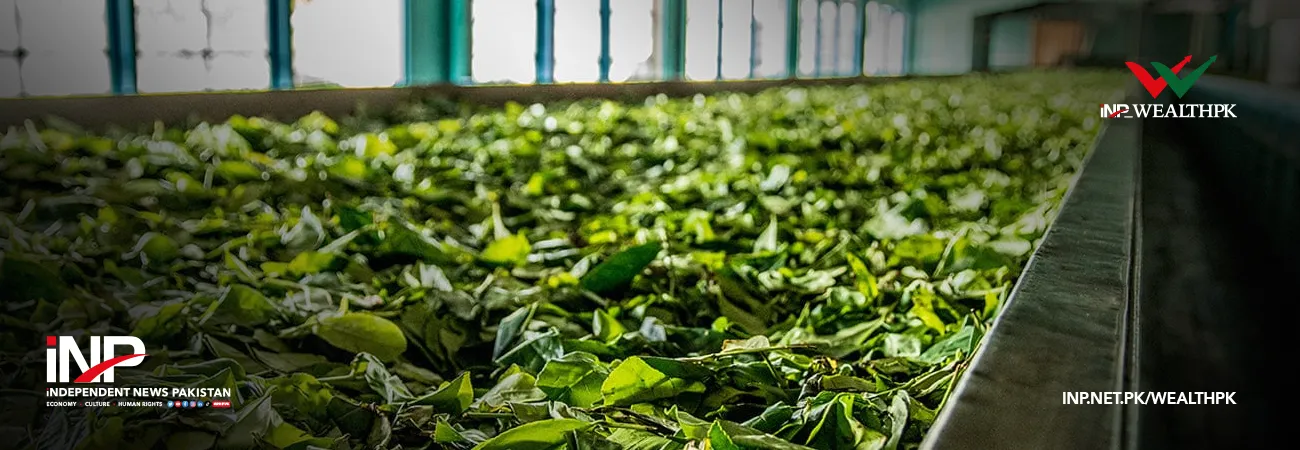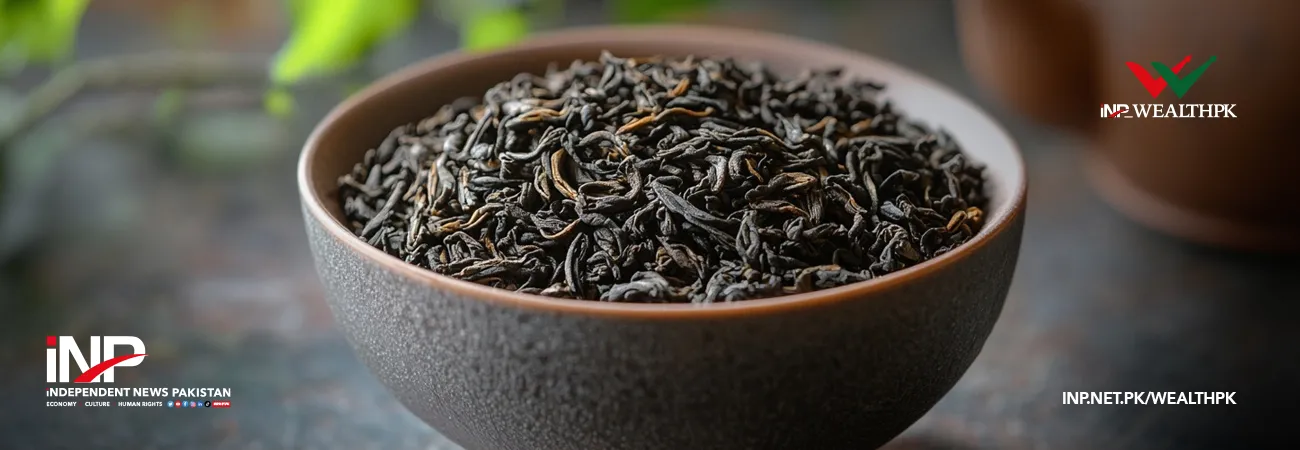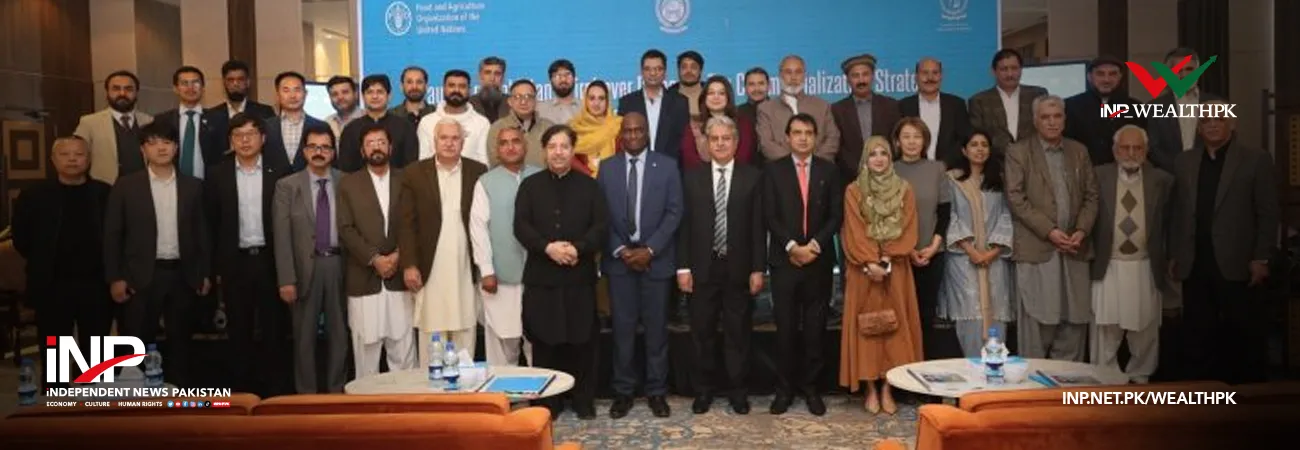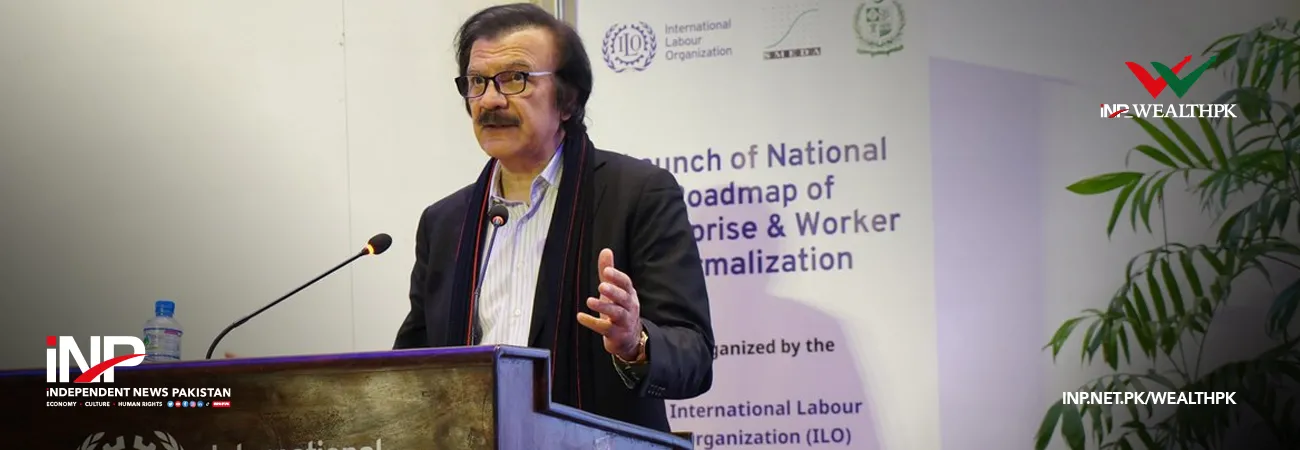INP-WealthPk
Muneeb ur Rehman
The government needs to encourage the local manufacturing of energy-efficient household appliances in order to address the growing energy crisis and promote sustainable living. Umar Ahsan Khan, Chief Executive Officer of Dawlance, a leading global company of home appliances in Pakistan, told WealthPK. He said the promotion of local manufacturing of energy-efficient appliances will not only save electricity but also create job opportunities and reduce reliance on imports. A research study sponsored by the Ministry of Energy reveals that inefficient appliances result in 25% electricity wastage in households. Adopting energy conservation and efficiency measures can potentially save up to 17% of the current energy consumption in Pakistan. This translates to a significant reduction equivalent to two hours of daily load-shedding. “Pakistan relies on foreign countries for energy-efficient appliances in two ways: import of finished products and import of their constituent parts, which are later used in assembling the final product,” he said.
“The market for small appliances, particularly in the domain of kitchen appliances, exhibits a higher degree of competition than the other appliances’ market. This increased competition arises from the participation of numerous key players in this market segment, notably Geepas, Kenwood, Super Asia, and Homage,” he said. Umar recommended the provision of tax incentives, subsidies, or low-interest loans to domestic appliance manufacturers who shift their production lines to energy-efficient models. These incentives would reduce the initial investment barrier and encourage companies to embrace green technology. “Furthermore, ensuring the quality and performance of locally manufactured energy-efficient appliances is important. The government should establish stringent standards and certification processes for these appliances to build trust among consumers.
It’s essential that they deliver on their promises of energy efficiency,” he continued. An Asian Development Bank (ADB) report has found a 26% efficiency gap among the household items and appliances, with refrigerators being the least efficient at 54%. This implies that over 25% of household electricity is wasted, aggravated by the use of older appliances, adding strain to our limited electricity resources. He suggested that the government should collaborate closely with the industry stakeholders, including manufacturers, distributors, and retailers. Such partnerships will streamline the transition to energy-efficient production and distribution. Given the current energy shortage in the country, he said, the government should consider domestic production of energy-efficient home appliances as a viable policy option.
Credit: INP-WealthPk




